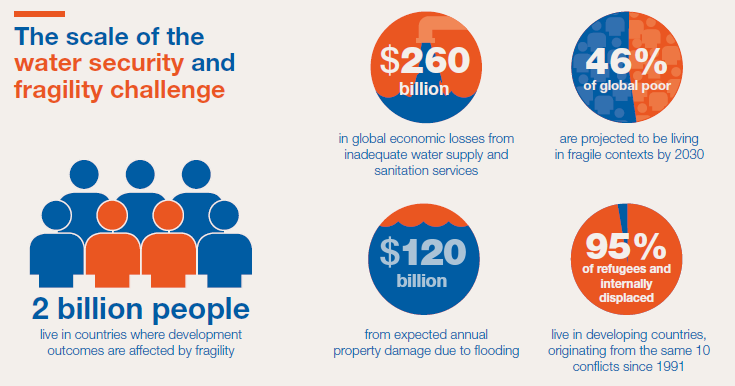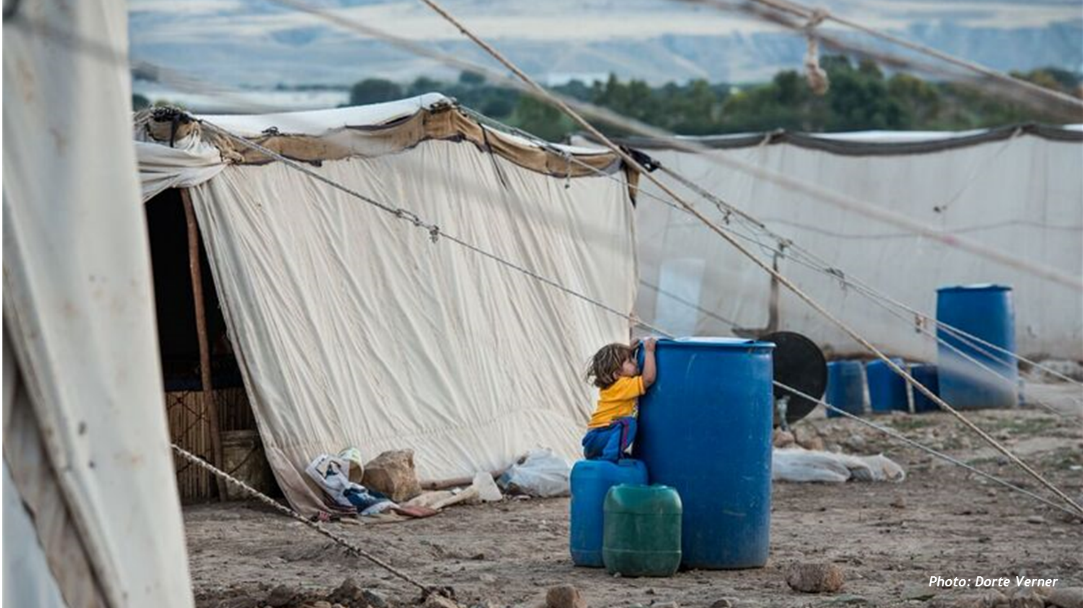
For the past two years, the rains have been poor in Somalia. What comes next is tragically familiar. Dry wells. Dying livestock. Failed harvests. Migration. Masses of people in dire need of humanitarian assistance. The same is happening in Yemen, Sudan, Kenya, Ethiopia, and Nigeria. However, poor rains are not the only water problem that creates havoc. Floods, water-borne diseases, and transboundary water conflicts can all cause severe human suffering and disruptions to political, economic, and environmental systems.
As we rush to mobilize resources to respond to the famine, we also need to ask ourselves why this downward spiral continues to happen. Water has always been a source of risk. Drought and floods have always occurred, and with climate change we can expect them to be more frequent and more severe. But crises on the scale we see today in these drought-stricken countries do not arise solely from these natural events; they arise from our failure to manage these age old risks. When institutions fail to prepare, predict, or respond to water-related risks, the impact of a dry well, of a cholera outbreak, or of a flood have much greater human, political, and economic consequences. In countries experiencing fragility, conflict, and violence, it is particularly challenging to achieve water security – that is, to deliver water services to the population and to protect them against water-related risks. Resources are spread thin. Physical security creates limitations. Infrastructure is damaged by violence and people become forcibly displaced. It is also particularly costly to fail in these contexts.
In countries experiencing fragility, conflict, and violence, it is particularly challenging to achieve water security – that is, to deliver water services to the population and to protect them against water-related risks. Resources are spread thin. Physical security creates limitations. Infrastructure is damaged by violence and people become forcibly displaced. It is also particularly costly to fail in these contexts.
Today, 2 billion people live their lives affected by fragility. By 2030, virtually half of all the world’s poor will live that way.
A new report, Turbulent Waters: Pursuing Water Security in Fragile Contexts, describes what happens when institutions in fragile countries fail to manage the range of challenges related to water. When water insecurity repeatedly affects populations, it can act as a risk multiplier, fueling the perception that institutions and governments are ‘not doing enough’, exacerbating existing grievances, creating new risks, and deepening inequities. In turn, this contributes to destabilizing already fragile contexts, aggravating the challenges of water management, and perpetuating a vicious cycle of water insecurity and fragility.
We must work to disrupt this vicious cycle of water insecurity and fragility . Greater water security can help prevent countries from sliding further into fragility. It can provide a measure of resilience against water-related disasters, and a tangible demonstration of a government’s ability and commitment to provide basic services. In this report, we discuss how investments to reverse the cycle of water insecurity and fragility can take place during situations of development opportunity, when conflict has subdued, or during times of crisis, when conflict is still ongoing.
At moments like these, as humanitarian crises unfold, we must redouble our efforts to use water as a path toward resilience and stability .




Join the Conversation